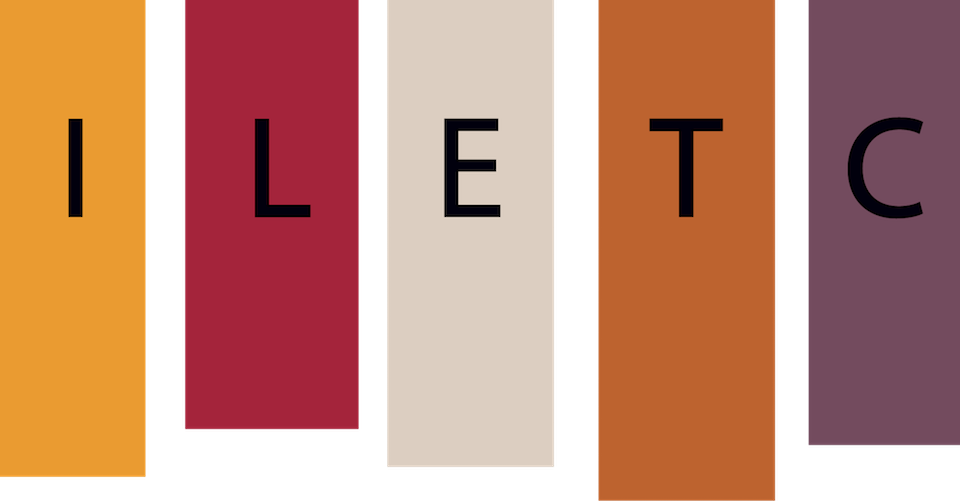The CILC Heritage Arabic eBook (HAeB) page is on the CILC website, here.
The Heritage Arabic eBook includes resources on teaching Arabic heritage language learners (HLLs). The eBook aims to provide instructors with research and pedagogical materials that address the unique cultural and linguistic backgrounds of heritage language learners of Arabic as well as the need for more context-based and project-based learning activities to be used with these learners. These materials maintain that language learning must be rooted in the language used by students in their communities, and that they be culturally relevant to them. The HAeB pages include reviews of research on heritage language learners and classroom activity ideas for your university-level classroom. These materials are intended to complement the leading Arabic language textbooks used at U.S. universities by providing additional, research-based support for heritage language acquisition.



